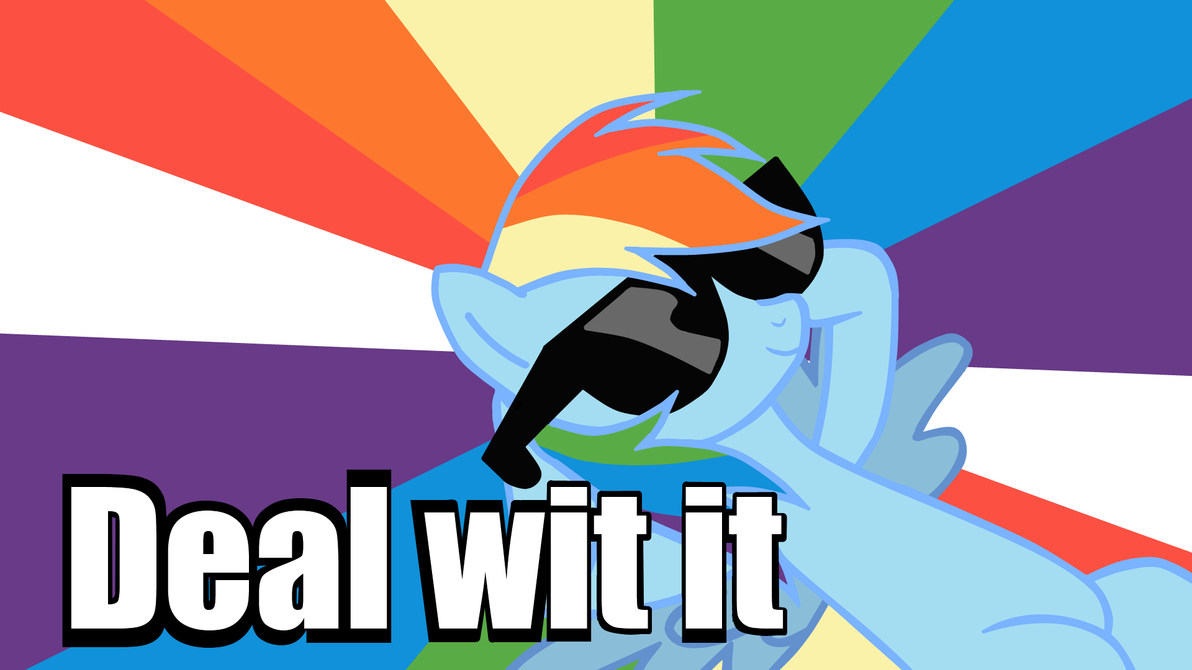"For all the cliches about chick flicks, the form has actually taken some interesting turns in recent years. This weekend it took the latest, with the Viola Davis-starring "The Help" telling a story about friendship and loyalty against the backdrop of racism in the 1960s-era South.Wait, wait, wait, you might be asking yourself a film aimed at women was reasonably successful at the box office? GASP! Shock! Apparently, we're still here, we're going to talk about this again.
Over the past few years, it's become practically a ritual that a star-driven movie about female-friendship and -empowerment come out every summer, usually in August, and usually based on a book-club favorite. Last year it was "Eat, Pray, Love;" the summer before it was "Julie & Julia." "The Devil Wears Prada" (which was released over the July 4 weekend) served the genre in 2006.
Whatever these movies' differences in tone and subject matter, they have several important things in common. They all traffic in themes about female identity. And they're all solidly, sometimes even wildly, successful.
There are a lot of reasons why these movies have performed as well as they have, and Taylor Tate's "The Help," which has taken in a resounding $35.4 million since opening last Wednesday, is no different. The beloved book title gave it a running start, and critics then fanned that enthusiasm with strong reviews. "The Help's" ability to tackle serious themes about changing the status quo in a familiar cinematic context about friendship and comedy provided that holy grail: slick entertainment that's also a little good for you (much like "Prada's look at post-college identity in the glittery fashion world)."
The subject of women at the box office has been a hot one this summer, what with "Bridesmaids" and "Bad Teacher" putting women front-and-center in a potty-mouthed comedy. With those films, pundits said that Hollywood was serving or even creating a new audience: women who wanted their movies as bawdy and escapist as men. But with the release of a film that was comedic in a far gentler way, the most recent weekend proved that the old audience hasn't really gone anywhere.Note: I haven't seen The Help yet. But I'm not really going to talk about The Help right now either. The implication here is that reporting on the success of these narratives (women in empowering stories of friendship in this case) is still anomalous to the entertainment industry. I mean really, Women in Empowering Stories of Friendship is a Blue Chip Narrative Stock in the entertainment industry, reliable, time-tested, and honestly, not the most expensive genre to invest in.
Fem blog Jezebel's commentary on this is as follows:
A more likely explanation: The female half of the population doesn't suddenly remember in early August that we like to watch films that reflect our own experiences, that's just when these movies happen to come out. According to the bestseller/strong ladies/A-list star criteria, The Blind Side should be on this list too (like The Help there's even that questionable "white lady saves poor black people" angle). However, the film came out around Thanksgiving and wasn't considered a "chick flick" because it's not humiliating for guys to watch a football movie.I think the ladies at Jezebel would agree with me when I say, it's a bit insulting to hear again and again that it's surprising that us girls open up our pocketbooks and go see movies when they features themes and narratives that we can relate to. Even though I've never had my own maid, worked at Conde Nast or had a pair of magical traveling pants I've paid to see three movies about women who had.
The constant surprise that women go see movies is ludicrous and exhausting. Even moreso, the fact that a variety of movies that feature female stories being successful: raunchy comedy, sincere drama, light-hearted romance, sci-fi revolutionary epic (Come on Hunger Games!!!!).
Facts:
- Women go see movies.
- Women have the money to pay to see movies they want to see.
- Women want to see movies that feature characters they can relate to.
- Women will see movies that feature characters they can relate to in a variety of genres.
- Women will pay to see movies that feature characters they can relate to in a variety of genres.
Given those facts, can we please eliminate the emotion of surprise
that movies that feature women characters don't immediately crash and burn?




